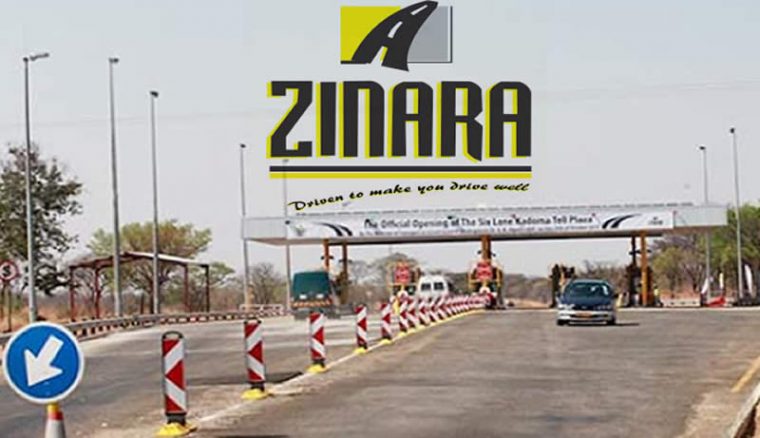The Committee therefore, makes the finding that all the three software contracts are null and void. For the avoidance of doubt, the contracts are a legal fiction and the authorities must start afresh.
Out of an abundance of caution, the Committee makes the finding that those contracts should be cancelled forthwith as a result of non-compliance with the procurement law.
The Committee makes the finding that the software contracts that ZINARA executed with Univern can in no way be described as a Private-Public Partnership (PPP) arrangement, justifying the protection and coverage of PPPs as they are defined in international law or Zimbabwe’s own Joint Ventures Act [Chapter 22:22]
Treating these software contracts as PPPs resulting in the extensions and running for years and years is a fraud on the people of Zimbabwe. A contract for the supply and provision of software such as the one Univern signed with ZINARA can never be described as a PPP agreement.
Univern failed to provide evidence of the proof of any investment they had made in these three contracts to justify a PPP.
This failure and the finding that a software contract cannot be a treated as a joint venture contract under the Zimbabwe Joint Venture Act [Chapter 22:14] or a PPP leads to the inevitable conclusion that the contracts are against the public policy of Zimbabwe and should be cancelled forthwith.
The software contracts were in any event unconscionable and unenforceable in other respects, that was of great concern to the Committee. First was the requirement that when the contract ends, the software and hardware remains with Univern.
Secondly is the fact that the contracts appear to be in perpetuity and in any event monopolistic. Thirdly, the raw data and statistics so essential to the software is owned and controlled by Zimbabwe. In particular, the data relating to the number of vehicles in Zimbabwe, their registration thereof, is owned by ZIMRA, Ministry of Transport and Infrastructural Development and local authorities.
Fourth, the various commissions levied on the various agreements, which are in any event levied on gross amounts including VAT, are extortionate and unconscionable. They are not consistent with any comparable regional or international precedent.
Most disturbing is the fact that ZINARA bears the cost of the collections. Its staff mans the tollgates. Its staff is responsible for all collections and other expenses such as transportation, security, electricity, generators and fuel for generators. Thus, making Univern commission a net profit.
The charges by Univern have crippled ZINARA and rendered ZINARA a collection agent for Univern very much against its core mandate. This is as unconscionable as it is unacceptable.
Continued next page
(233 VIEWS)



Pingback: The complete ZINARA dossier following the 2017-2018 audit | The Insider